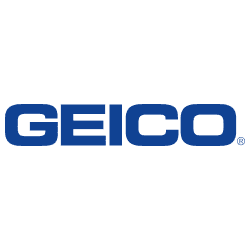Car insurance companies don’t offer a fixed $20 down payment option. Your initial payment depends on your total premium, risk profile and state regulations. Most insurers require at least the first month’s premium upfront.
You qualifies for a lower-than-average down payment by selecting minimum coverage, improving your credit score and applying for discounts. Paying your full premium upfront eliminates the need for a separate down payment.













